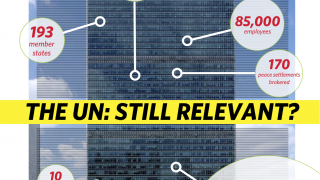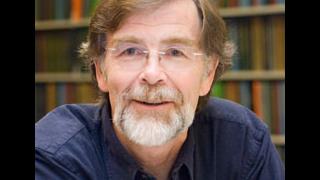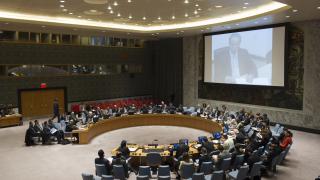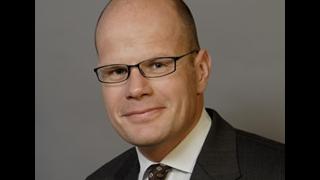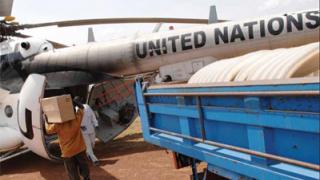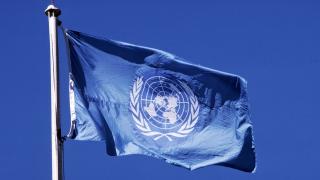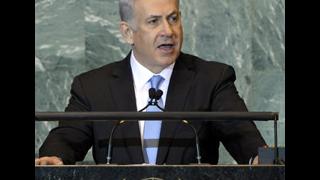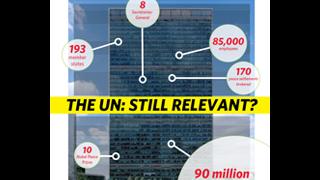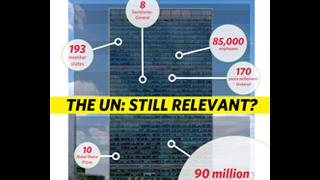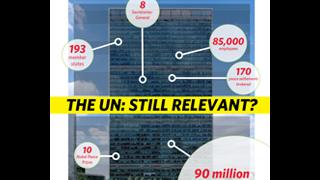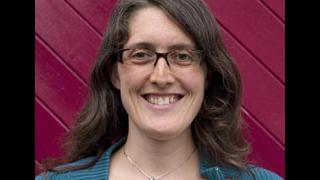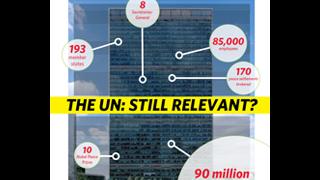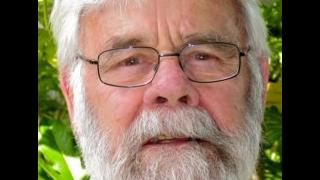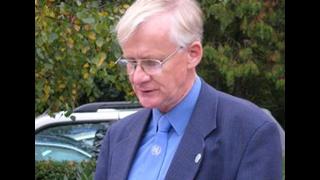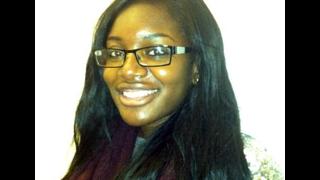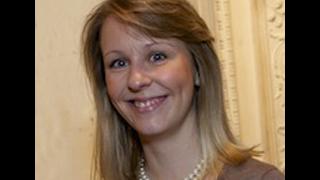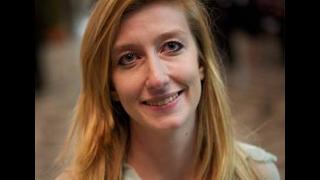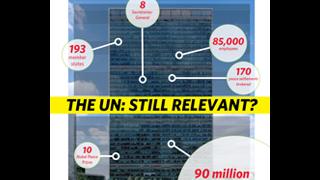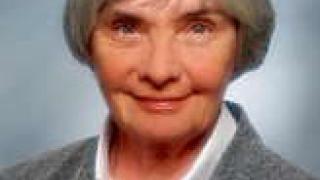
Barbara Crossette: coverage of the UN should enhance our global thinking. Sadly it does not
When world leaders converge on the United Nations headquarters every September, the locals are famously quick to complain about streets being closed for security or choked with diplomatic traffic. Few New Yorkers get to know what they are missing behind those barricades.
The wealth of opinions, cacophonic interplay of cultures and flurry of new ideas and initiatives should provide citizens everywhere with a nearexhaustive update on global thinking. Sadly, that does not happen.
Leaders who arrive for the UN General Assembly's 'general debate' – and the countless behind-the-scenes diplomatic encounters – are usually accompanied by swarms of handlers and PR experts, as well as packs of well-primed reporters from home who focus very narrowly on their president or prime minister.
The 2,000 journalists who travel to the UN solely for the high-level speeches often have little interest in the organisation itself or in member states that they consider to be unimportant. Moreover, the debate itself can be more accurately described as a wellchoreographed procession of speakers with prepared texts.
Perhaps most frustrating is the fact that the 3,000-plus accredited reporters who cover the UN year-round get few chances to use their expertise as the news is dominated by one or two issues – this year the Palestinian bid for UN membership. There is no longer time or space in the media for thoughtful analyses, where resident reporters could add perspective and sweep.
Large US newspapers long ago gave up the quaint practice of excerpting or summarising remarks from around the world to suggest thematic convergences or disagreements. Online journals dealing with global issues do better, particularly in specialist areas such as arms control or climate change, but they are the exception and are not so widely read.
What gets lost in this narrowing of coverage is a global picture, an important element in understanding fast-evolving geopolitics. There were numerous examples this year.
Brazil's president, Dilma Rousseff, was barely mentioned in the media, even though her country emerged largely unscathed from the global economic downturn and is poised to become even more of an international player. In her speech, she argued that rich nations needed an injection of new ideas and that the financial crisis was too serious to be managed by a small group of countries. She said: "All countries suffer the consequences … all of them have the right to participate in the solutions."
The address by Prime Minister Recep Tayyip Erdogan of Turkey, meanwhile, ricocheted around the Middle East. He confirmed Turkey's intention to play a more assertive role in the region and wider Islamic world, aligning himself with the revolutionaries of the Arab Spring and warning the repressive Syrian regime that it was out of step with the times. He also took credit for prodding the Organisation of Islamic Cooperation to pledge $350m for famine relief in Somalia. Arabs asked, only half in jest, whether this marked the return of the Ottomans.
Other speakers offered snapshots of their countries. Albania described how its once-closed society now has a public internet connection in every post office. Caribbean representatives called for help in confronting a youth crime wave. Some poorer nations chose to emphasise how, against all odds, they would meet UN's Millennium Development Goals by 2015.
Prime Minister Sheikh Hasina of Bangladesh, a country once derided as a "basket case", spoke of how her Muslim-majority nation has embraced the advancement of women, with 64 female members of parliament – 18% of the total – and five female members in the country's Cabinet. The figures for the UK are 22% and four, respectively. Such details, however small, add to the everchanging composite picture of our world and its 7bn people.
Apart from hosting the proceedings, the UN itself does not get much coverage in this season or, indeed, at any other time of the year. The organisation has never seemed comfortable explaining or defending itself, encumbered as it is by the sensitivities (and sometimes censorship) of its member states.
The UN's website is difficult to navigate and often out of date, while Secretary-General Ban Ki-moon has run a virtually leak-proof administration with an almost invisible inner circle at its core.
This is unfortunate. The refusal or reluctance of UN officials to confront public criticism and accusations of wrongdoing, often misdirected at the organisation's administration rather than its member states, has had a highly negative effect on its reputation.
When the Iraqi oil-for-food story broke in 2004, the UN did not quickly move to counter some apparently deliberate distortions propogated in the US Congress (and media) of how the programme worked and the extent to which Security Council members, including the US, were ignoring abuses. Officials seemed to take the view: "Why bother; they'll never believe us."
At present, the UN is again under attack in the majority-Republican US House of Representatives. The organisation needs to work harder to make its voice heard and to convince media outlets in the US and elsewhere to expand their agendas so that coverage of the UN can better inform our perspectives as global citizens.
Barbara Crossette was The New York Times' UN bureau chief from 1994 to 2001 and is now UN correspondent for The Nation

